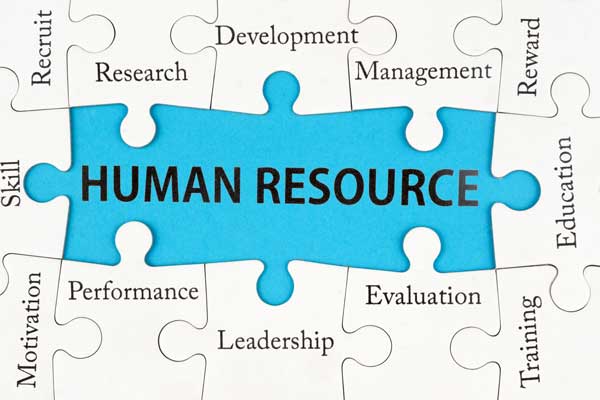
The Human Resources Management (HRM) of any business, large or small, start-up or multi-national, is critical to its accomplishment of its goals and objectives.
HRM deals with everything from the recruitment and retention of the most qualified personnel, to compensation, benefits, performance management, organizational development, safety, wellness, employee motivation, training and more.
Human Resources Management should play a strategic role in managing the people, culture and environment of an organization. When effective, it can contribute significantly to the overall growth and success of the company.
As the focus of HRM has evolved to the strategic alignment of employees and the measurable impact of employee programs over business, the demand for more effective human resource programs and approaches has increased.
Successful companies today have to be adaptive, resilient, quick to change, and customer focused. In this environment, the effectiveness of Human Resources Management is crucial to business success.
Effective HR Programs to Establish
Effective HR professionals can establish systems for employee development, career succession planning and development, which contribute to keeping employees motivated, happy, personally engaged, and contributing to the organization’s success.
In addition, the HR professional helps the development of organizational culture and climate in which employees have the competency, concern and commitment to serve customers and clients.
Having worked with many industries as an HR executive, I have seen first-hand the tangible, measurable, results of assessing the need for and then implementing HR programs that aligned with the company’s objectives.
Supervisory and management training programs are probably where I have seen the most impactful results. After all, supervisors and managers have the most direct impact on employees’ attitudes and ultimately, their performance.
By assessing management competencies and then designing training to target shortfalls, employee turnover improves, along with productivity measures, as employees feel the organization is more invested in their development and career opportunities.
Hire Full or Part-Time HR Professional
Hiring a full time HR professional with the requisite skills to help propel an organization’s growth and success is not always feasible, particularly in small to medium-sized organizations. More and more companies are turning to outsourcing many of their HR functions.
Doing so has many benefits, not the least of which is bringing in a fresh perspective, introducing new approaches and ideas, without increasing fixed costs; something to think about in this rapidly changing environment.
